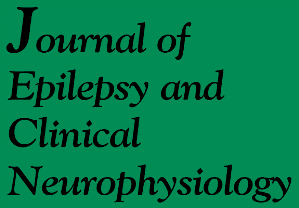INTRODUCTION: Epilepsy is a neurological disorder more common, being defined as a condition of spontaneous recurrent seizures. An important relationship exists between free radicals and antioxidant enzymes in epileptic phenomena and reactive oxygen species (ROS) have been implicated in neurodegeneration induced by crises. AIM: This review aimed to investigate the relationship between oxidative stress and epilepsy, highlighting the effect of the ketogenic diet under experimental conditions. METHODS: There has been research papers published in the databases Medline, PubMed, CAPES journals, ScienceDirect and Scielo. The keywords selected for the study included epilepsy, status epilepticus, pilocarpine, oxidative stress, reactive oxygen species, mitochondrial dysfunction. RESULTS AND DISCUSSION: Dietary therapy has been used, such as the ketogenic diet (KD), which is rich in fat and low in carbohydrates and used by more than eight decades for the treatment of refractory epilepsy, especially in children. The KD modulates mitochondrial bioenergetic, decreases the formation of ROS, increases the antioxidant capacity and also prevents changes in mitochondrial DNA. CONCLUSION: Evidence of activity of KD in mitochondrial dysfunction, as epilepsy, are many and clearly demonstrate the beneficial effects of the therapy.
neuroscience; mitochondrial dysfunction; refractory epilepsy; reactive oxygen species
